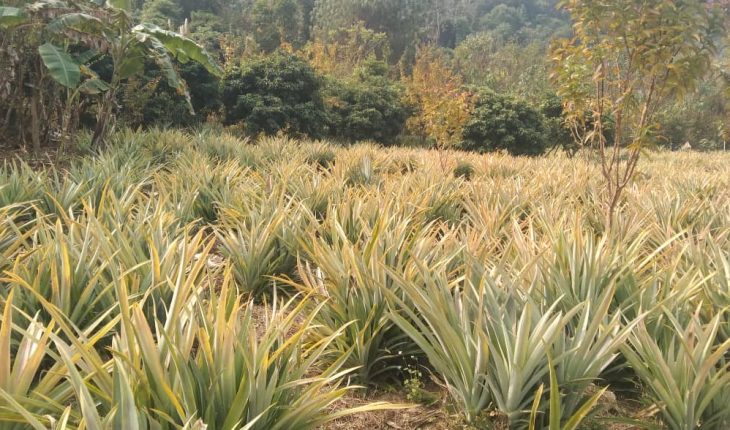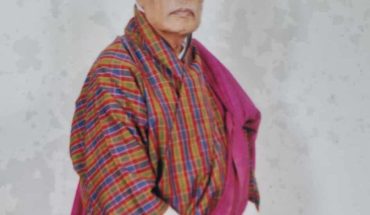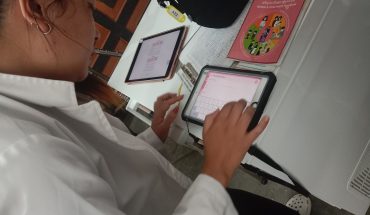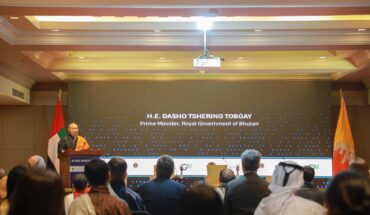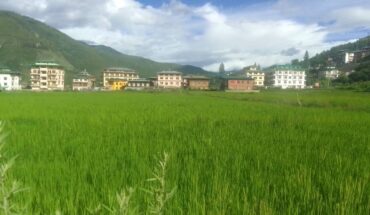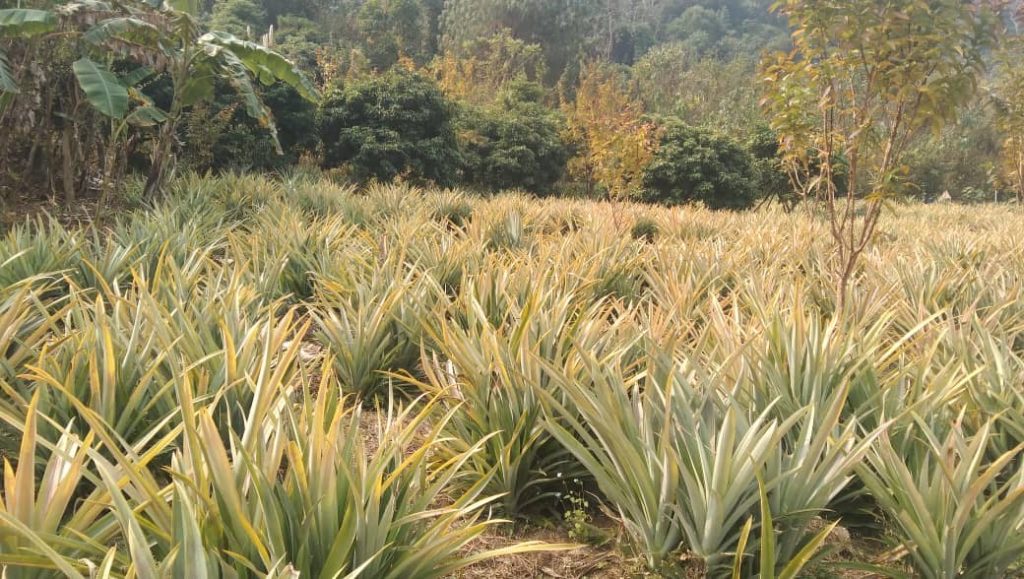
A young entrepreneur’s pineapple fibre dreams in Pema Gatshel weaves success
NGAWANG JAMPHEL | Thimphu
In the heart of Dungmin Gewog’s Durungri village in Pemagatsel dzongkhag, a young graduate is transforming what many consider waste into a new livelihood source.
27-year-old Tashi Wangchuk, armed not with formal training but with curiosity, resilience, and a BA in Political Science and Sociology, has set out to turn discarded pineapple leaves into eco-friendly fibre.
Like most young Bhutanese graduates, Tashi once imagined a conventional path—a stable office job and a regular salary. But fate, he says, “had sharper plans.” While working in the pineapple fields, he accidentally cut his hand with a leaf while clearing weeds. That evening, curiosity led him to research pineapple leaves online.
“To my surprise, I discovered they contained strong fibres used elsewhere in the world,” he said. “At the same time, I saw piles of leaves left to rot or burned in my village. I laughed—people were throwing away gold while it had just cut my hand!”
That humorous yet painful moment sparked a life-changing idea: if a leaf can hurt you, perhaps it can also create value.
Starting out, however, was no easy task. With no formal knowledge of fibre extraction or processing, Tashi relied on whatever he could find—PDF manuals, YouTube videos, and trial-and-error experiments.
“Many of my attempts failed,” he admits, “but every failure taught me something new.”
One major breakthrough came when the Ministry of Industry, Commerce and Employment (MoICE) sponsored a machine for fibre extraction. But his challenges didn’t end there. Durungri, like many remote parts of Pema Gatshel, still lacks a three-phase power connection—essential for running the machine. As a result, the unit remains idle, despite months of waiting for the connection.
“I applied for the power connection months ago, and I was told it would be possible by September. Now that it is September, I sincerely hope the authorities will make it happen soon. Once connected, I will immediately begin processing and aim to launch our first pineapple fibre product within the month,” Tashi said.
Tashi’s vision extends beyond his personal entrepreneurial journey. For him, pineapple fibre represents a new source of income for farmers in Pema Gatshel. Currently, after harvest, most pineapple leaves are discarded. Through fibre processing, farmers could sell what was once waste, creating an additional livelihood stream.
“This initiative reduces financial pressure on farmers and strengthens sustainability in the community,” he explains. “It’s a model where farmers, nature, and entrepreneurship all benefit together.”
Socially, it creates opportunities for youth engagement and community-based enterprise in a dzongkhag where many young people migrate in search of jobs.
Looking to the future, Tashi dreams of supplying pineapple yarn first to Bhutanese weaving centres and local designers. He believes the integration of pineapple fibre into weaving could give traditional Bhutanese textiles a new dimension.
“Weaving is deeply connected to our culture,” he says. “If farmers can contribute fibres and weavers can turn them into beautiful textiles, it will be a sustainable chain that keeps our traditions alive while embracing innovation.”
Once the local market stabilizes, he plans to scale up, targeting regional and international markets. With the global eco-fashion industry steadily growing, natural fibres such as pineapple yarn are gaining traction as sustainable alternatives to synthetic materials.
Tashi hopes Bhutan can carve out a niche in this market by emphasizing both sustainability and cultural authenticity.
“Ultimately, I want pineapple fibre to be recognized not just as a product, but as a story of resilience, community, and innovation from Bhutan,” he says.
Tashi’s journey reflects a wider trend of young Bhutanese entrepreneurs who are reimagining traditional practices through innovation.
While agriculture remains the backbone of rural Bhutan, ventures like pineapple fibre production offer ways to modernize farming and generate greater value from what already exists.
By positioning discarded leaves as a valuable resource, Tashi is encouraging a mindset shift—from farming as mere subsistence to farming as a platform for innovation.
For now, he waits patiently for electricity to power his machine, but his optimism remains unshaken. “Sometimes, all it takes is one cut from a pineapple leaf to open your eyes to an entirely new possibility,” he says.
If successful, his startup could not only change the fortunes of farmers in Pema Gatshel but also shine a global spotlight on Bhutan’s capacity for sustainable innovation.

